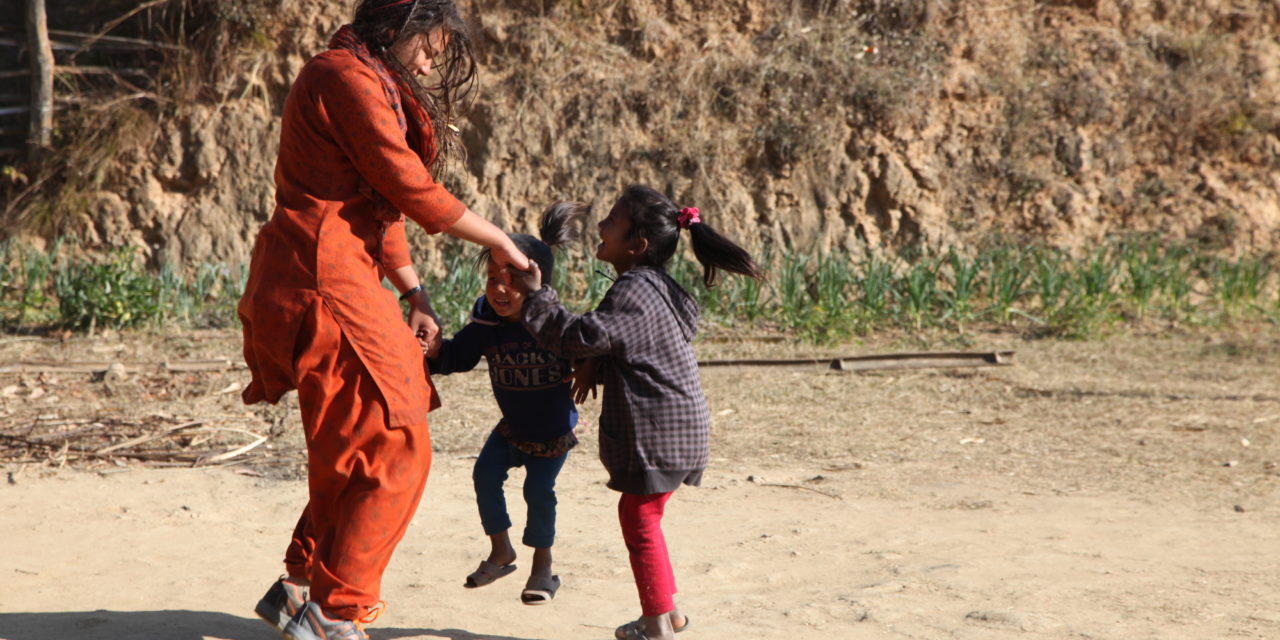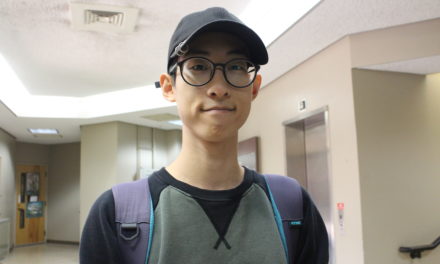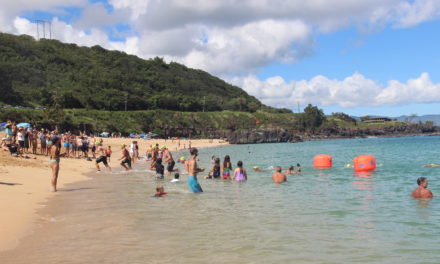By Sarah Hendrix | Staff Writer
Developing nations around the world are not typical destinations people where choose to take their vacations. However, in a world that is becoming more globalized each year, there are more people traveling to nations not as developed as the Western countries they are from. In doing so, it can be an enriching and life-changing experience, but should also be taken with precaution and be well planned out.
In my own experience I have traveled to low-income or lower-middle-income countries primarily throughout Asia. I have been to Bangladesh, Cambodia, and Nepal (which fall into a low-income bracket) and India, Philippines and Indonesia (which place higher with a lower-middle-income status, according to United States Agency International Development).
In my travels, I have gotten sick primarily in developing countries catching Dengue Fever and urinary tract infections because I did not take proper precautions while I was there. I have experienced scams where I have lost money because of my own ignorance in not knowing the price I should have been paying, as well as not having access to basic hygienic items like soap and toilet paper.
Below are a few tips that I picked up traveling that can help people who choose to venture to developing nations, take precautions and prepare themselves to avoid some unfortunate circumstances that they are likely to encounter.
Avoid Unfiltered Water
This is one of the most important rules in traveling to countries that do not have the luxury of filtered tap water. Avoid drinking any water that comes out of a tap because there is a high risk of getting sick. People who are native to the country have been drinking the water since they were born and do not get sick from it. However, people from developed nations should take extra precautions.
- Bring a hand held water filter. Brands like LifeStraw are highly rated for their compact size and effectiveness in filtering bacteria.
- Only drink water that is bottled with unbroken lids. If the lid is not properly sealed, the water could be unfiltered water that was filled into a plastic bottle.
- Avoid ordering salads, smoothies and taking ice in drinks. Fruit and veggies are usually washed in tap water, so I try to stick to food that I know has been cooked. Smoothies and ice in drinks also run the risk of having unfiltered water in them and should be avoided.
- Use filtered water for brushing teeth. I usually just use my bottled water for brushing my teeth. It’s an added precaution I encourage people to take because there is the possibility of swallowing some of the water while brushing. Taking showers with unfiltered water should be fine because it is not being ingested.
Check the Recommended Vaccinations
This is a step that needs to be done before traveling to developing nations. Some countries require proof that travelers have had proper vaccinations before entering, and certain vaccinations are strongly encouraged for specific countries. Travelers can look online for vaccinations needed in certain areas here. Going into a local health clinic, the health care providers can give guidance for recommended vaccinations and added tips to stay safe during travels.
Bring Wipes and Hand Sanitizer
Many developing nations do not have the same access to the standard of hygiene people are accustomed to in Western nations. This can come in the form of bathrooms that do not having running water. In order to avoid any mishaps, I made it a habit to carry around baby wipes and hand sanitizer. I’ve been in plenty of bathrooms abroad that do not provide toilet paper and there is no soap in the bathroom. A way for travelers to avoid getting caught in unfortunate circumstances is to plan ahead and make sure that they have their own supplies with them.
Understanding Prices
One of the first thing travelers will encounter when arriving in a developing nation is exchanging currency. It is important to research beforehand what the exchange rate should be. Many of the places at the airport overcharge for their services, and there are much better rates in the main cities. It is very important to count the amount of money the currency exchange company claims to have given on the receipt. I have counted money in the past, and on $5,000 being exchanged, they have withheld around $200 that I should have been given.
I highly encourage travelers to be generous in developing nations when buying from local vendors. I recognized while traveling that sometimes vendors will raise their prices (for example, raising the price from 20 cents to 30 cents on a piece of fruit) when they realize that people are not native to their country. That is how street vendors make a living, and people from developed countries can afford to pay an extra 10 cents for a product that would normally be much more expensive where they are from. However, I would draw the line on bigger expenses (such as taxi rides) that also try to exploit foreigners. In some countries haggling is a part of the culture and can be a fun experience for travelers to learn; just remember to be fair and recognize that this is how people make their living.
Cultural Awareness
This is very specific to the nation(s) travelers will be going to. It is important to research cultural do’s and don’ts to avoid offending people unnecessarily. This can be in the form of attire (in Muslim nations I would encourage travelers to dress more modestly than they normally would at home) or even in something as simple as which hand to eat food with. In my trips to India, Nepal and Bangladesh, it is customary to eat food with the right hand, because the left is used to wipe (in the bathroom). Small cultural understandings can make a huge difference in a traveler’s time spent abroad.
In my time spent in developing nations I have had the opportunity to learn techniques that have made my ventures more safe and ultimately more enjoyable. I have loved the time spent abroad, and some of the poorer countries I have traveled to have been some the most enriching experiences of my life. With that said, travelers who choose to journey to developing nations will have better experiences by taking simple precautions and planning out their trips well.






